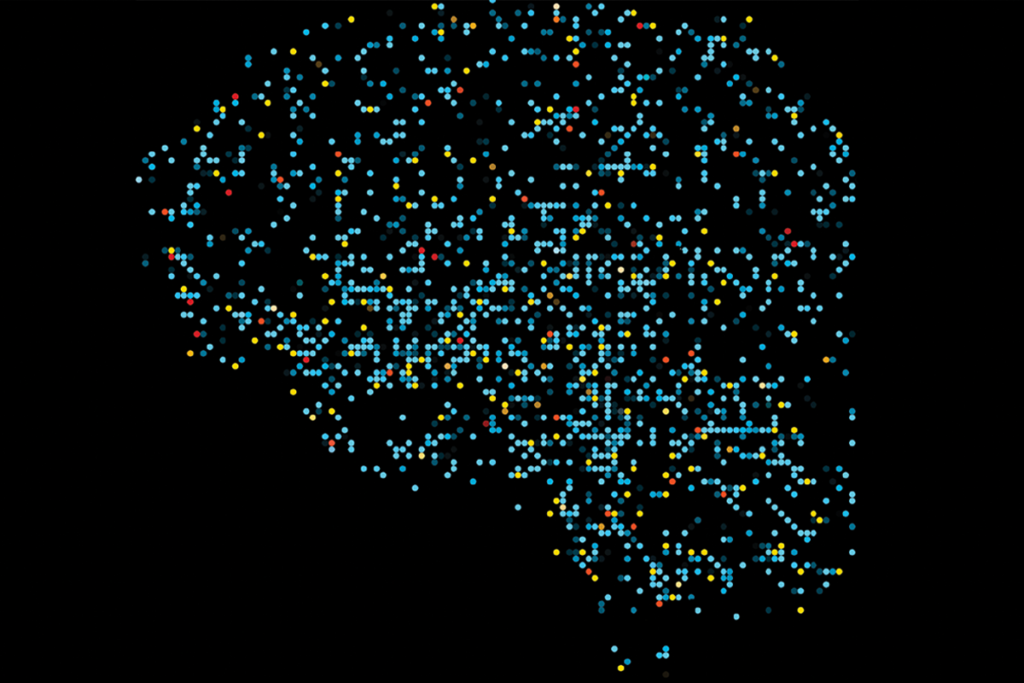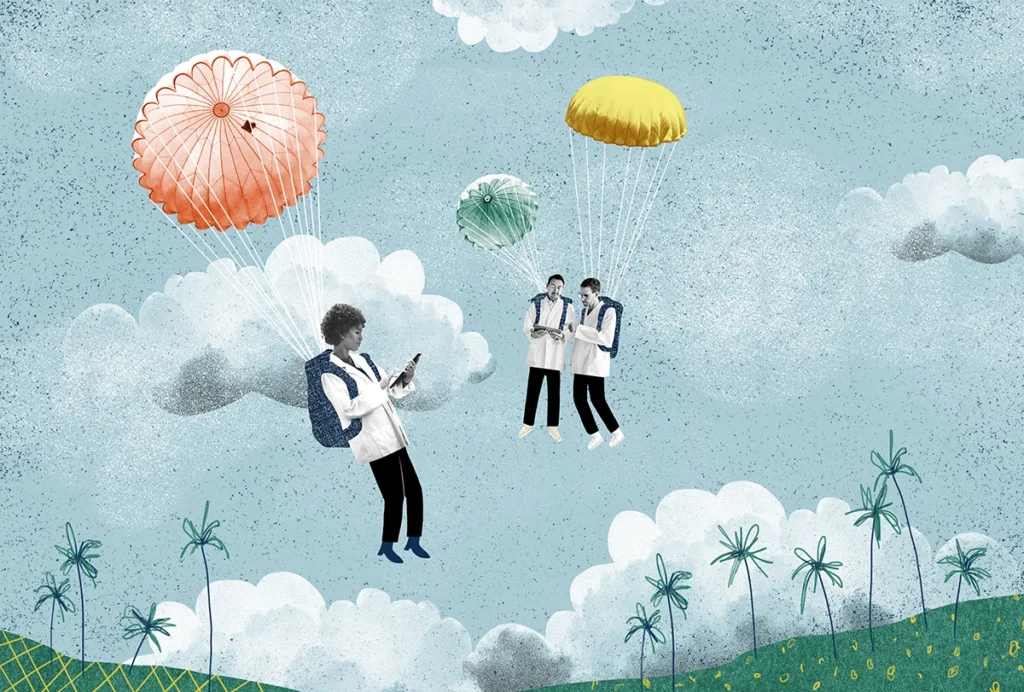Ethics
Recent articles
Stories about scientific misconduct, retractions, debates over research standards, and more
‘Bioethics and Brains: A Disciplined and Principled Neuroethics,’ an excerpt
In their new book, published earlier this week, Giordano and Shook examine how ethics can guide neuroscience research and its real-world applications.

‘Bioethics and Brains: A Disciplined and Principled Neuroethics,’ an excerpt
In their new book, published earlier this week, Giordano and Shook examine how ethics can guide neuroscience research and its real-world applications.
‘Doctored: Fraud, Arrogance, and Tragedy in the Quest to Cure Alzheimer’s,’ an excerpt
In his new book, published today, investigative journalist Charles Piller tells the story of the scientific misconduct that shook Alzheimer’s disease research to its core, and the neuroscientist who helped to expose it.

‘Doctored: Fraud, Arrogance, and Tragedy in the Quest to Cure Alzheimer’s,’ an excerpt
In his new book, published today, investigative journalist Charles Piller tells the story of the scientific misconduct that shook Alzheimer’s disease research to its core, and the neuroscientist who helped to expose it.
Protocol-sharing site aims to ease administrative burden of animal research
The library of regulatory-compliant animal procedures offers experimental standards and specific language that researchers can borrow for their own legal paperwork.

Protocol-sharing site aims to ease administrative burden of animal research
The library of regulatory-compliant animal procedures offers experimental standards and specific language that researchers can borrow for their own legal paperwork.
Spectrum 2024: Year in review
We round up our most notable autism stories of the past 12 months.

Spectrum 2024: Year in review
We round up our most notable autism stories of the past 12 months.
Former Columbia University psychiatrist committed research misconduct, says federal watchdog
Bret Rutherford, whose research was halted following a suicide in a clinical trial, falsely reported participant eligibility, according to the U.S. Office of Research Integrity.

Former Columbia University psychiatrist committed research misconduct, says federal watchdog
Bret Rutherford, whose research was halted following a suicide in a clinical trial, falsely reported participant eligibility, according to the U.S. Office of Research Integrity.
A scientific fraud. An investigation. A lab in recovery.
Science is built on trust. What happens when someone destroys it?

A scientific fraud. An investigation. A lab in recovery.
Science is built on trust. What happens when someone destroys it?
Creating a more inclusive autism research community
The Transmitter rounds up efforts to improve equity and diversity both within the field and in research projects.

Creating a more inclusive autism research community
The Transmitter rounds up efforts to improve equity and diversity both within the field and in research projects.
Is it time to worry about brain chimeras?
Brains made of neurons from two species raise new concerns.

Is it time to worry about brain chimeras?
Brains made of neurons from two species raise new concerns.
The perils of parachute research
Scientists who study autism in lower-income countries are working to end practices that exploit or ignore collaborators and communities on the ground.

The perils of parachute research
Scientists who study autism in lower-income countries are working to end practices that exploit or ignore collaborators and communities on the ground.
‘Star’ neuroscientist faked data in paper and grant applications, U.S. government finds
The faked data, which was part of research on the genetic mechanisms of synaptic plasticity, was used to obtain more than $1.4 million in federal funding.

‘Star’ neuroscientist faked data in paper and grant applications, U.S. government finds
The faked data, which was part of research on the genetic mechanisms of synaptic plasticity, was used to obtain more than $1.4 million in federal funding.
Explore more from The Transmitter
Developmental delay patterns differ with diagnosis; and more
Here is a roundup of autism-related news and research spotted around the web for the week of 14 April.

Developmental delay patterns differ with diagnosis; and more
Here is a roundup of autism-related news and research spotted around the web for the week of 14 April.
‘Natural Neuroscience: Toward a Systems Neuroscience of Natural Behaviors,’ an excerpt
In his new book, published today, Nachum Ulanovsky calls on the field to embrace naturalistic conditions and move away from overcontrolled experiments.

‘Natural Neuroscience: Toward a Systems Neuroscience of Natural Behaviors,’ an excerpt
In his new book, published today, Nachum Ulanovsky calls on the field to embrace naturalistic conditions and move away from overcontrolled experiments.
Functional MRI can do more than you think
Recent technological advances provide a range of new and different information about brain physiology. But taking full advantage of these gains depends on collaboration between engineers and neuroscientists.

Functional MRI can do more than you think
Recent technological advances provide a range of new and different information about brain physiology. But taking full advantage of these gains depends on collaboration between engineers and neuroscientists.